The impact of AI on the Vietnamese labor market.
Many experts predict that the popularity of generative AI will continue to accelerate in 2024. According to Bee Kheng, President of ASEAN at Cisco, AI will shift from being a "nice to have" technology to a crucial, must-have technology.
Cisco's ASEAN representative analyzed that the AI industry is predicted to be one of the main drivers of the global economy in the next decade. However, not all organizations are fully prepared to take advantage of this opportunity. Cisco's research indicates that only 27% of organizations in Vietnam are fully prepared to deploy and leverage AI, with 84% admitting concerns about the impact of AI on their business operations if they remain passive in the next 12 months.
In a recent analysis of the impact of AI on the Vietnamese labor market, Dr. Jung Woo Han, Senior Head of Human Resource Management and Entrepreneurship, Faculty of Business, RMIT University, argues that AI tools help improve human productivity, but are generally still insufficient to completely replace the workforce.
“Although the rapidly developing fields of AI could pose a significant threat in the near future, experts believe its impact may remain limited to a certain scale, specifically that those working in the service sector will be more affected than those in the manufacturing sector,” shared Dr. Jung Woo Han.
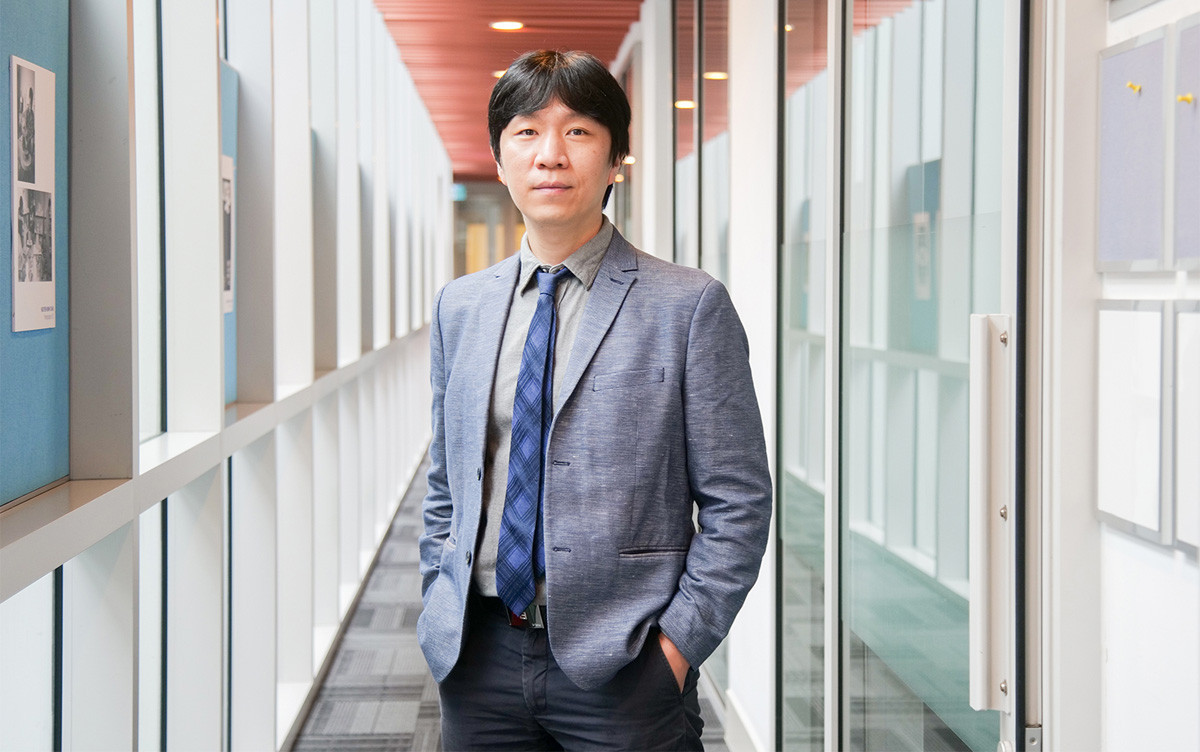
Notably, according to RMIT experts, creative and repetitive office jobs are more likely to be replaced by AI-generated content, including market analysis, technical documentation writing, and website development, which were once considered stable careers for those with a university degree.
Analyzing the Vietnamese labor market in more detail, Dr. Jung Woo Han stated that, as an emerging economy still heavily reliant on manufacturing and agriculture , Vietnam will be less affected by AI. Therefore, the short-term impact of AI on the Vietnamese job market will be relatively low compared to developed countries.
However, the RMIT expert clarified: This does not mean that the Vietnamese job market is safe from disruptive technology, and certain service sectors, such as tourism , will be more affected as they are expected to grow rapidly in the next few years. When advanced AI combines with the latest robotics technology, the job market in these sectors could be 'shaken'.
To support his point, Dr. Jung Woo Han cites information from OpenAI, the developer of ChatGPT, which suggests that jobs requiring a university degree are at greater risk than jobs requiring only a high school diploma. This is because highly educated individuals working in service sectors often require more creative content. Furthermore, the ability to create interactive content threatens frontline workers in the service industry, as exemplified by how the AI named Sapia can interview candidates using chatbots during the recruitment process.
'It is important to develop emerging AI skills.'
Offering advice to Vietnamese workers, Dr. Jung Woo Han recommended that instead of worrying excessively about how to keep their jobs, it's crucial to develop emerging AI skills. “While all skills and knowledge may eventually be replaced by AI, there is one area that may never be replaced by any technology. That is a positive attitude towards building a productivity culture, fostering innovation and creativity, and thereby unlocking the unlimited potential of the organization,” Dr. Jung Woo Han stated.

Sharing findings from the 'RMIT-Deloitte Human Resources 2023' seminar, Dr. Jung Woo Han stated that Vietnamese businesses are still not fully aware of how AI can create concrete value for their daily work. "At the seminar, Associate Professor Pham Cong Hiep, Acting Vice Dean for Research and Innovation at the Business School of RMIT Vietnam, raised an important issue: AI is designed to communicate with humans through a chat interface," Dr. Jung Woo Han added.
According to RMIT experts, learning about AI should be considered like learning a new language. The more people are trained to communicate effectively with AI, the more valuable results it can generate. However, the reliability and ethical implications of AI dominating knowledge creation in society are raising significant concerns. This is because AI 'attempts to answer our questions even when it doesn't fully understand them'.
“The reliability and validity of AI-generated answers are often questioned, raising issues of copyright and plagiarism. If more and more content is created based on a dominant AI in the market, their AI algorithms will create a certain bias. Furthermore, there are numerous reports and studies showing that AI can exacerbate racism and other forms of discrimination in human society. Therefore, a legal framework is needed to prevent these negative impacts,” Dr. Jung Woo Han suggested.
Source













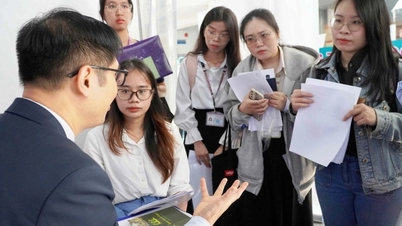








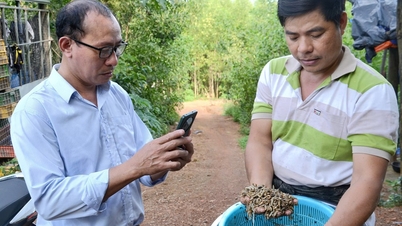

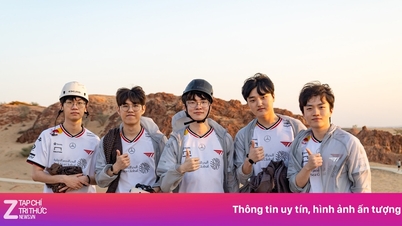

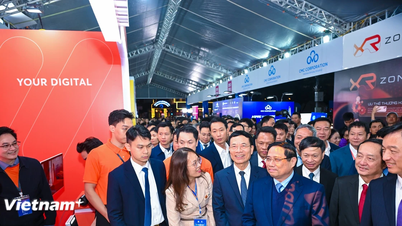
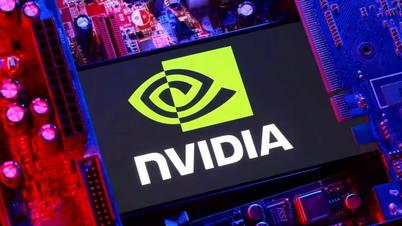



















































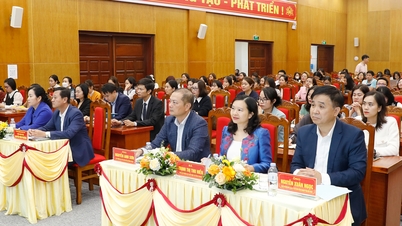

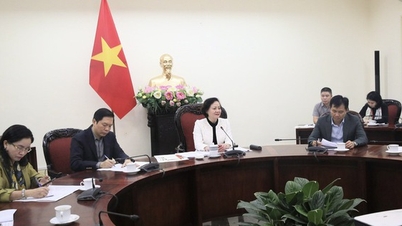
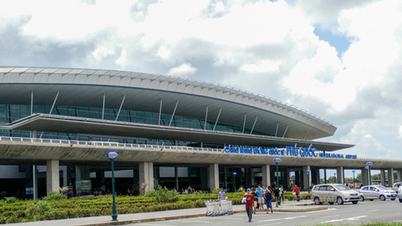
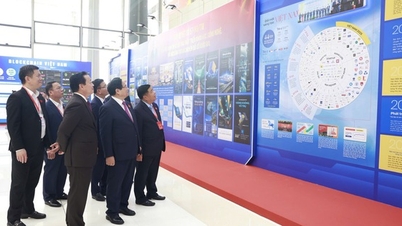





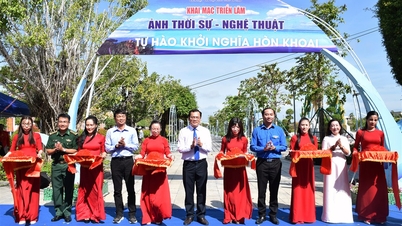
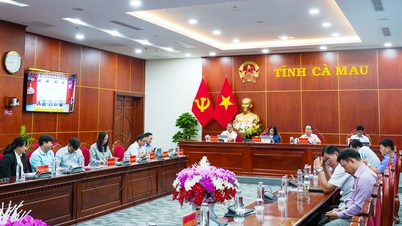
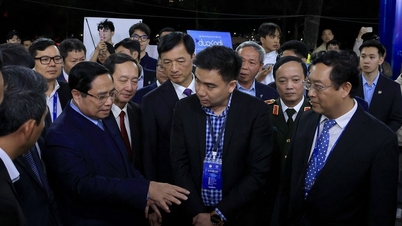















Comment (0)